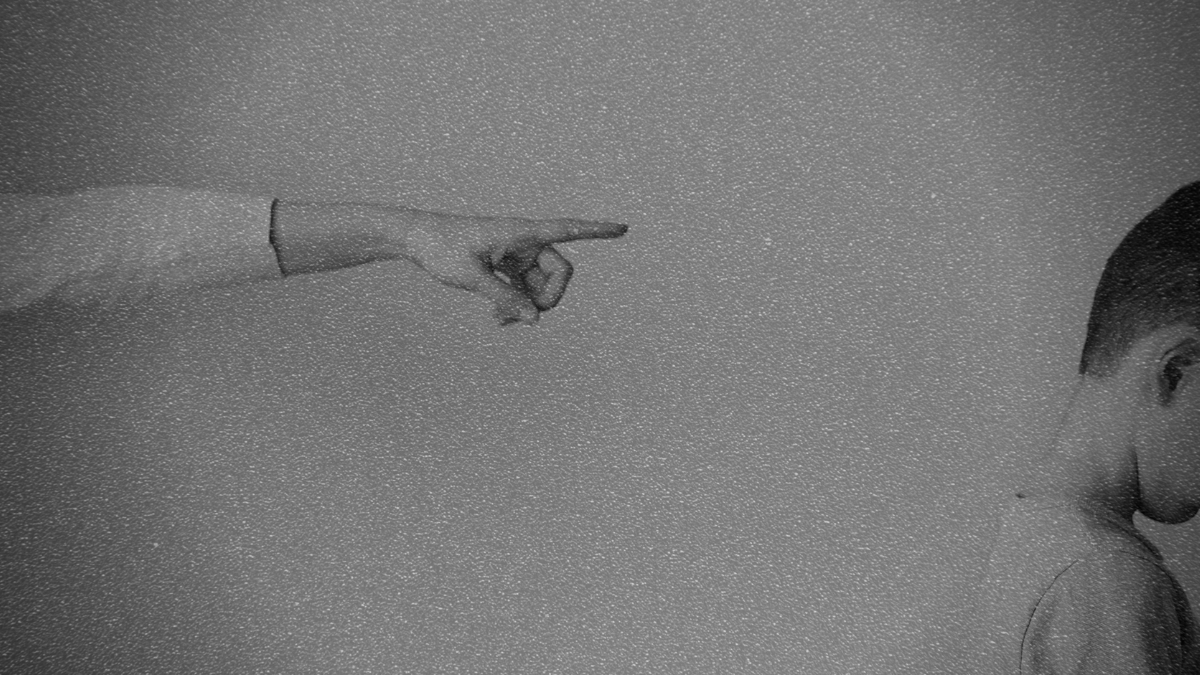Source: WRAL
A new report from the American Civil Liberties Union found that students of color and students with disabilities are disproportionately referred to law enforcement in North Carolina.
Between 2017 and 2023, law enforcement and school staff filed school-based complaints of disorderly conduct against Black students at four times the rate of their white counterparts, while students with disabilities were referred to 2.5 times as often as students without disabilities, according to the ACLU.
“It’s devastating. It’s traumatizing. It’s embarrassing. It’s deflating,” Sharlene Smith, a mother from Gaston County, told WCNC. “It’s a very demeaning feeling.”
Sarah Hinger, senior staff attorney with the ACLU Racial Justice Program, stated that the discriminatory nature of law enforcement referrals leads to Black students being “over-criminalized, physically and mentally harmed, and funneled into the school-to-prison pipeline every year”.
Suspending and expelling the most vulnerable students also lead to many missing out on crucial classroom lessons; making it hard for students of color and students with disabilities to succeed.
“Taking a child out of school is not beneficial and so, we really want to be selective when we are using that disciplinary consequence,” Caitlin Whalan Jones, director of the Council for Children’s Rights Education Law Program, told WCNC. “There are lots and lots of options before we remove a student from a classroom. What we really need to be doing for these students is providing them the support and skills and tools to change the behavior.”
In August, a WCNC Charlotte investigation found that North Carolina schools report suspending and expelling students with disabilities, per capita, more than any other state in the country. WCNC reports that Black students with disabilities are most often the target, with the exclusionary discipline primarily occurring in elementary schools.
“School feels like just another place where (these kids) don’t belong, which is heartbreaking, because as a society, we think of education as this way out, but if we’re saying it’s only education for some or only students who behave in a certain way, that’s not what we as a society, we as North Carolina, have said about education and how we perceive education should be,” Jones added.
Parents and advocates across the state have raised flags surrounding the impact of this form of discipline. Several lawyers and advocates have pointed to research that shows how exclusionary discipline is ineffective, and often leads to school drop-outs.
Instead of the state spending millions of dollars to place armed law enforcement officers in schools, advocates are urging lawmakers to invest in support staff who could help students who are in crisis or who act disruptively.
“Prioritizing funding for police officers over funding for counselors, nurses, social workers, psychologists, and community health workers is a policy choice that has had grave consequences for North Carolina’s children, especially Black youth and students with disabilities,” Michele Delgado, staff attorney at the ACLU of NC, told N.C. Newsline.
According to N.C. Newsline, the Education Justice Alliance (EJA) and partner organizations have created a form for North Carolina students and families to submit and monitor formal complaints against school police officers and school security guards who harm and violate students’ rights during school or school-related activities.
To access the form, click the link: SRO Intake Complaint Form





